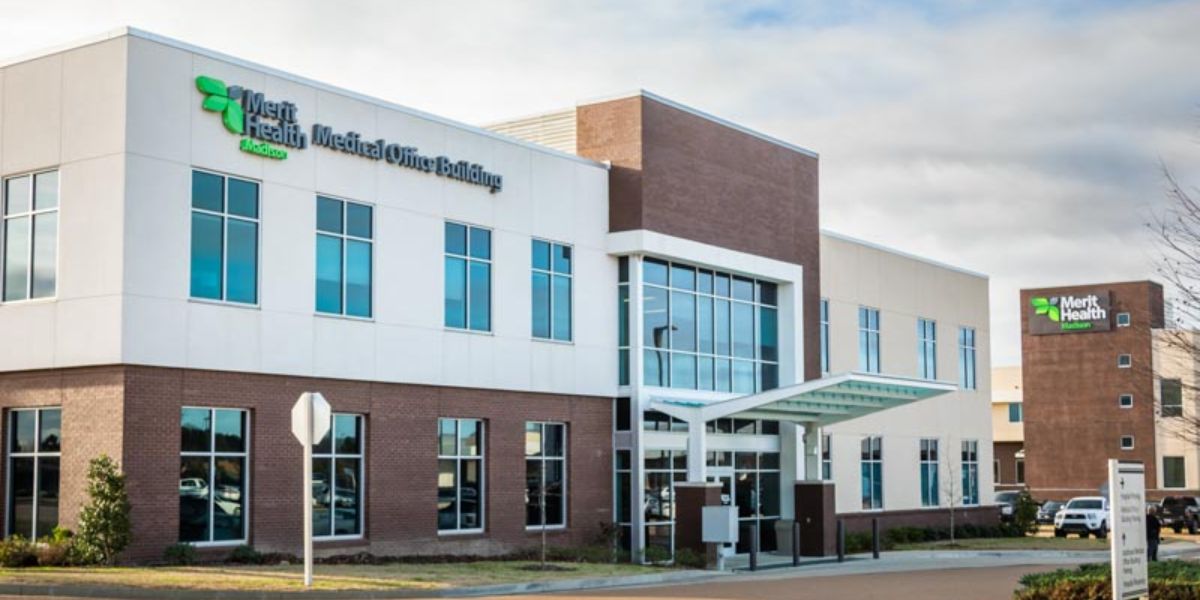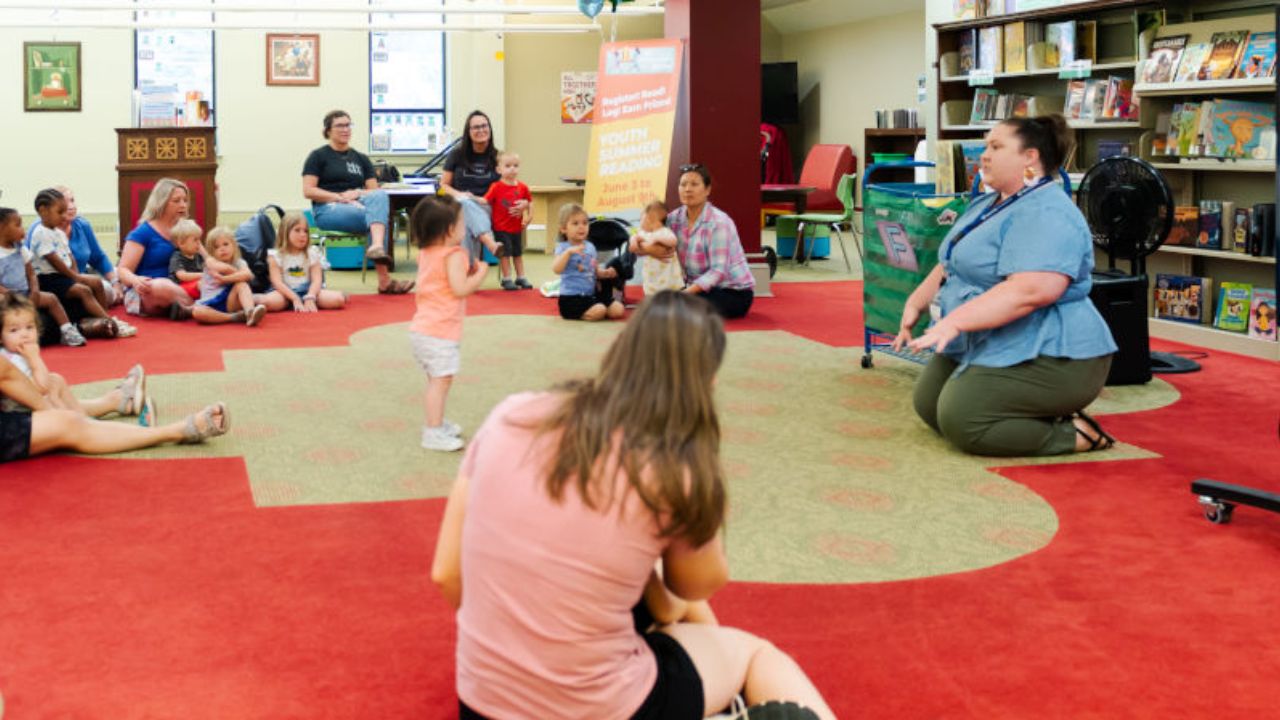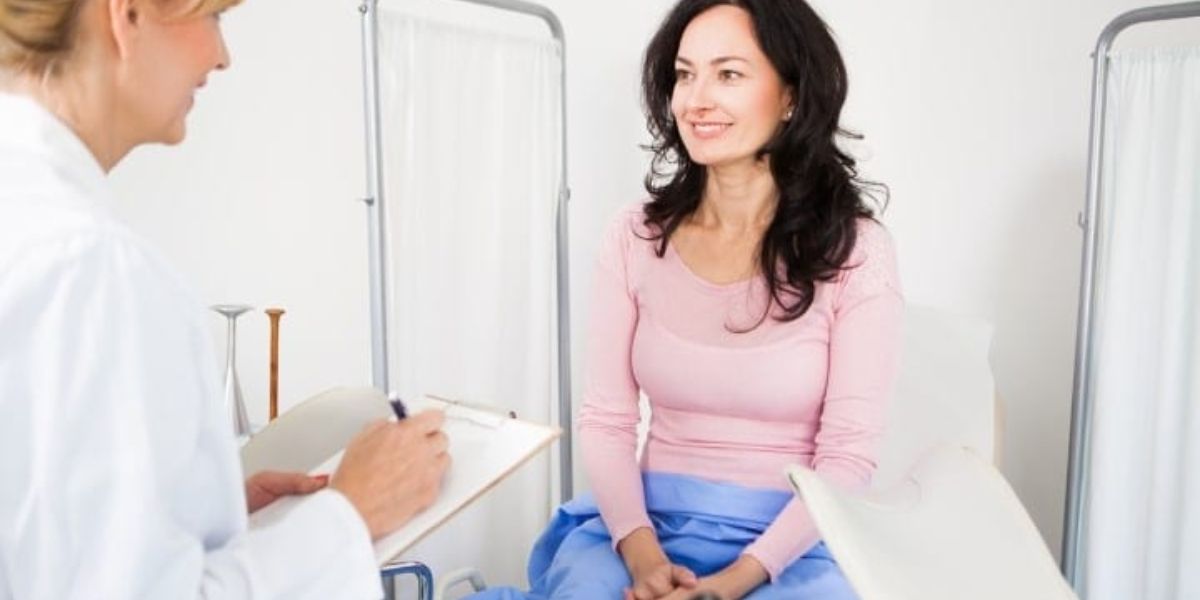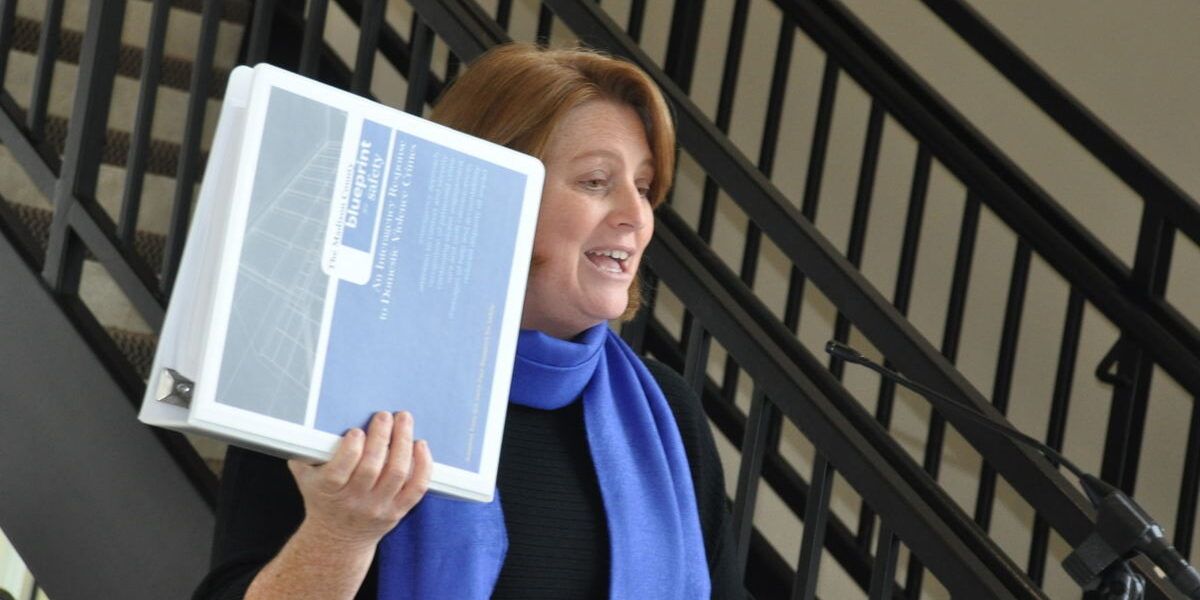Addiction recovery is often described as a journey rather than a destination, and for many in Madison County, that journey includes setbacks. Relapse remains one of the most challenging aspects of recovery, impacting not only individuals but also families, healthcare providers, and the broader community. While treatment options and support networks have grown in the county, relapse rates continue to highlight the need for deeper understanding and stronger prevention strategies.
Why Relapse Happens in Recovery
Relapse does not mean failure. Instead, it is often part of the recovery process. Experts in Madison County identify several key triggers that increase the likelihood of relapse:
Table of Contents
- Stress and life pressures such as financial struggles, employment issues, or relationship problems.
- Environmental cues including old hangouts, friends who still use substances, or even certain smells and places.
- Mental health struggles like untreated depression, anxiety, or trauma.
- Overconfidence in recovery where individuals may feel “cured” and stop attending meetings or following treatment plans.
According to Daniel Harris, a local family nurse practitioner who integrates addiction recovery into primary care, “Relapse should be viewed through the lens of learning, not shame. Every slip offers clues about what needs more support.”
Local Impact of Relapse in Madison County
Relapse in Madison County has ripple effects beyond the individual. Families often experience renewed cycles of stress, fear, and disappointment. Law enforcement and emergency services see spikes in overdose calls, and treatment centers face the challenge of re-engaging individuals who may feel discouraged.
Local organizations, such as the Madison County Health Department and community-based recovery centers, report that relapse prevention requires consistent resources and long-term planning. This means focusing not just on detox or short-term treatment, but on ongoing care that supports residents months and even years after their initial recovery.
Community Resources and Support Systems
Madison County has developed multiple pathways to support relapse prevention:
- Medication-Assisted Treatment (MAT): Combining medications with counseling to reduce cravings and stabilize recovery.
- Peer recovery coaches: Individuals who have lived experience with addiction, offering mentorship and accountability.
- Family programs: Workshops and counseling that teach families how to support recovery without enabling destructive behaviors.
- Support groups: From Narcotics Anonymous meetings to faith-based recovery groups, these provide safe spaces for connection and honesty.
Local social worker Maya Collins emphasizes that “Addiction thrives in isolation. The opposite of addiction is not sobriety—it’s connection. Building strong, supportive networks is the key to preventing relapse.”
Innovative Approaches in Relapse Prevention
Madison County is beginning to embrace innovative relapse prevention strategies:
- Integrated care models that connect primary care with addiction services, ensuring patients don’t fall through the cracks.
- Telehealth options that allow individuals to check in with counselors and support groups from home, reducing barriers like transportation.
- Recovery housing programs that provide stable, drug-free living environments during the early months of recovery.
- Employment support initiatives that help individuals reintegrate into the workforce, reducing stressors that often trigger relapse.
These efforts aim to address addiction as a chronic condition rather than a one-time crisis, shifting the focus to long-term management and wellness.
Breaking Stigma: Changing How We See Relapse
One of the greatest barriers to addressing relapse is stigma. Many in recovery report feeling judged or shamed when relapse occurs, making it harder to seek help again. Community leaders in Madison County are working to change that narrative.
Educational campaigns emphasize that relapse is not a moral failure but a signal for adjusted care. By creating a culture of compassion and understanding, Madison County hopes to encourage individuals to come back for treatment instead of retreating into isolation.
The Road Ahead for Madison County
Madison County’s fight against addiction relapse is ongoing. It will require continued funding, stronger community partnerships, and greater awareness among residents. But progress is happening. New programs, expanded peer recovery services, and integrated healthcare models are already making a difference.
Residents and leaders alike recognize that recovery is not about perfection, but persistence. Each step forward, even after setbacks, strengthens the foundation for long-term healing.
Conclusion: Building a Community of Support
Breaking the cycle of relapse in Madison County means shifting from a focus on punishment or shame to one of learning, connection, and compassion. Recovery is never a straight line, but with the right supports—treatment, community, family, and understanding—residents have a greater chance to reclaim their lives.
What are your thoughts on addressing relapse in recovery? Share your perspective in the comments below.












